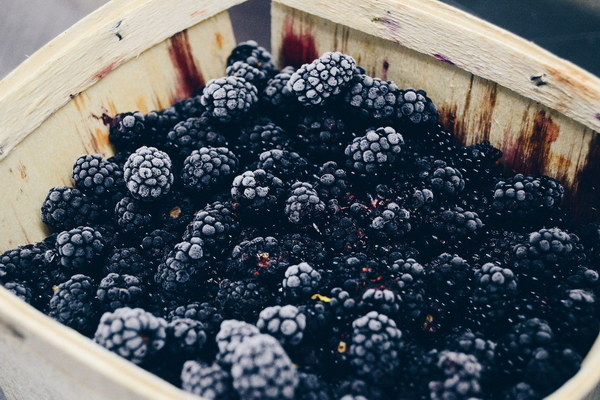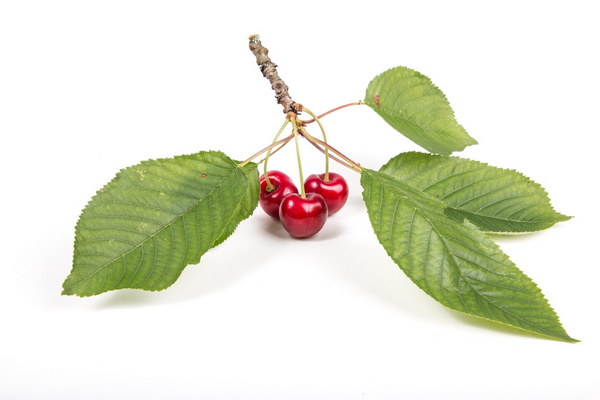Does Eating Hot Pot Appropriately Help Remove Dampness Exploring Traditional Remedies and Modern Perspectives
Does Eating Hot Pot Appropriately Help Remove Dampness? Exploring Traditional Remedies and Modern Perspectives
In the realm of traditional Chinese medicine, dampness is considered a common ailment that can lead to a variety of health issues. Many believe that eating hot pot can help alleviate dampness. But does this ancient remedy hold true, or is it just a culinary myth? This article delves into the traditional beliefs and the modern scientific perspectives on whether eating hot pot appropriately can indeed help remove dampness.
Traditional Chinese Medicine Perspective

According to traditional Chinese medicine (TCM), dampness is a condition characterized by excess moisture in the body, which can lead to various symptoms such as fatigue, bloating, and water retention. TCM practitioners often recommend specific dietary changes to help balance the body's Yin and Yang, and to remove dampness.
Hot pot, a popular communal dish in China, is traditionally believed to be a dampness-curing food. The theory behind this belief is that the steam and heat generated by the boiling broth can help expel dampness from the body. Additionally, the variety of ingredients used in hot pot, such as ginger, scallions, and other herbs, are thought to have natural properties that can aid in the removal of dampness.
Modern Scientific Perspective
While the traditional beliefs about hot pot and dampness are deeply rooted in Chinese culture, the scientific community has yet to provide concrete evidence to support these claims. From a nutritional standpoint, hot pot is a diverse and balanced meal that can offer numerous health benefits.
The high heat of the hot pot broth can potentially stimulate circulation and increase perspiration, which might help in the removal of excess moisture from the body. However, the effectiveness of this method is largely dependent on individual factors such as metabolism, body composition, and the specific types of ingredients used.
Moreover, the ingredients commonly found in hot pot, such as ginger and scallions, do have certain properties that may contribute to improved digestion and reduced inflammation. These benefits could indirectly help in the removal of dampness by supporting overall health.
Appropriately Enjoying Hot Pot to Alleviate Dampness
If you're considering incorporating hot pot into your diet to help with dampness, here are some tips to ensure you're doing it appropriately:
1. Balance Your Ingredients: Include a variety of ingredients in your hot pot, such as leafy greens, mushrooms, and lean proteins, to ensure a balanced meal.
2. Moderation is Key: While hot pot can be a healthy option, it's important to consume it in moderation. Avoid overindulging in high-fat, high-calorie ingredients.
3. Start with Ginger: Begin your meal with ginger-infused broth to help warm your body and potentially stimulate perspiration.
4. Stay Hydrated: Drink plenty of water throughout the meal to stay hydrated and aid in the elimination of excess moisture.
5. Be Mindful of Herbs: Some herbs used in hot pot, like Chinese herbs like Astragalus and Codonopsis, are traditionally believed to help with dampness. Consult with a TCM practitioner for personalized recommendations.
Conclusion
While there is no definitive scientific evidence to prove that eating hot pot can remove dampness, the dish's nutritional value and the potential health benefits of its ingredients make it a reasonable choice for those looking to maintain a healthy lifestyle. As with any dietary change, it's best to consult with a healthcare provider or a TCM practitioner to determine if hot pot is a suitable option for your specific health needs. Enjoying hot pot in moderation and with a balanced approach can be a delightful way to potentially support your health and well-being.









